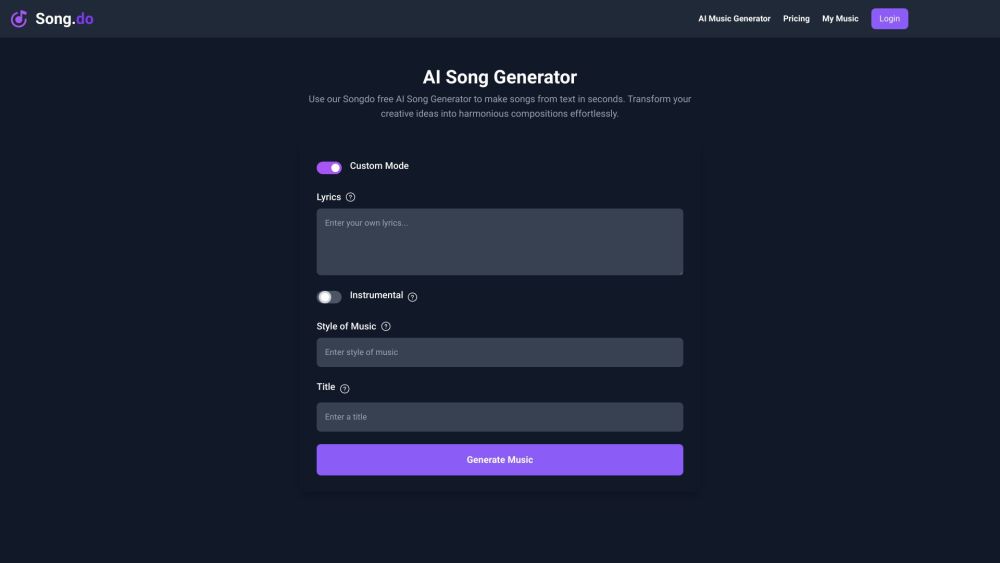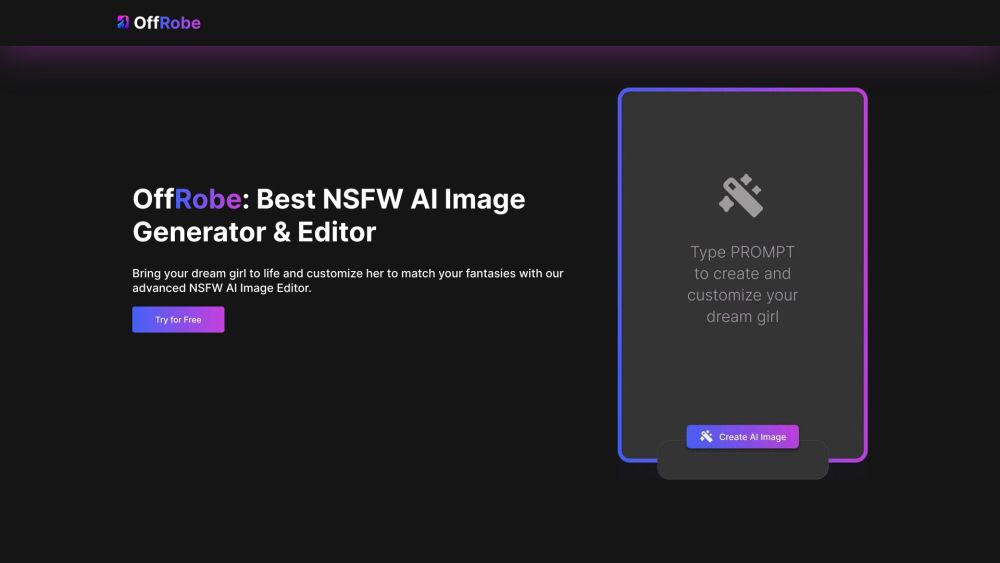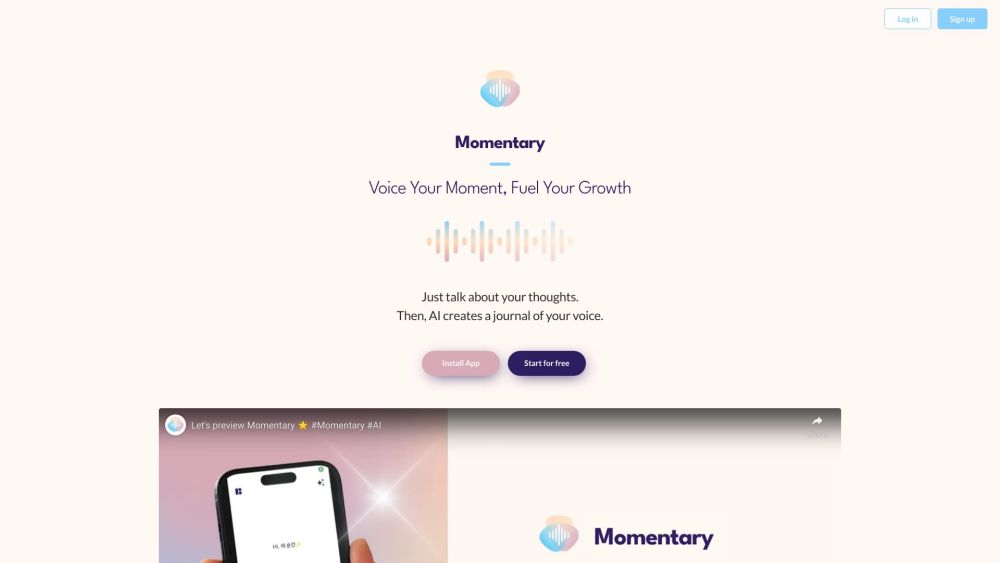Microsoft Looking to Pursue an Open Relationship With OpenAI
Most people like

Unleash your creativity with a free AI song generator that transforms your musical ideas into captivating melodies. Whether you're an aspiring songwriter or a seasoned musician, this innovative tool harnesses advanced artificial intelligence to help you compose original songs in just minutes. Embrace the future of music-making and explore endless possibilities with an easy-to-use platform designed for everyone. Dive into the world of AI-driven music production today!

Discover a groundbreaking AI-powered platform designed for crafting and sharing ideas through captivating content, stunning images, and impactful presentations.

In the rapidly evolving landscape of artificial intelligence, realistic deepfakes have emerged as a fascinating yet complex phenomenon. These AI-generated impressions can closely mimic the appearance and behavior of real individuals, raising significant ethical and societal questions. As technology advances, it's essential to understand the implications of deepfake creation and usage in our digital environment.
Find AI tools in YBX




